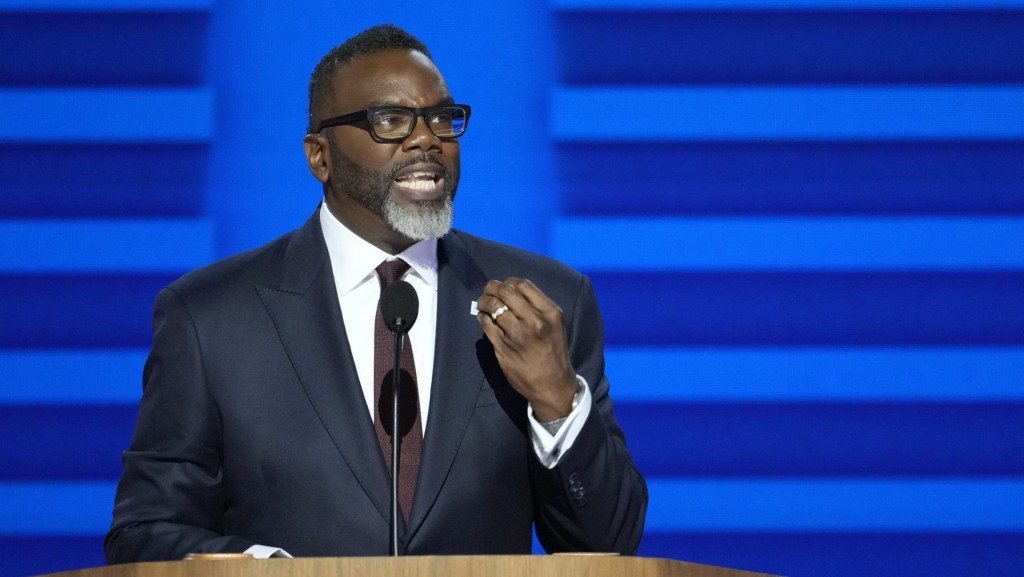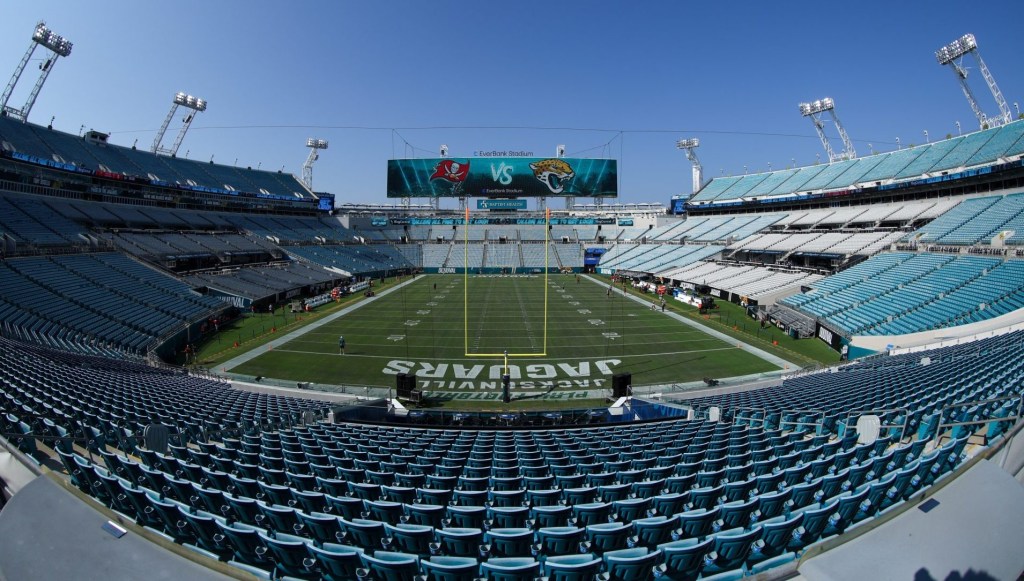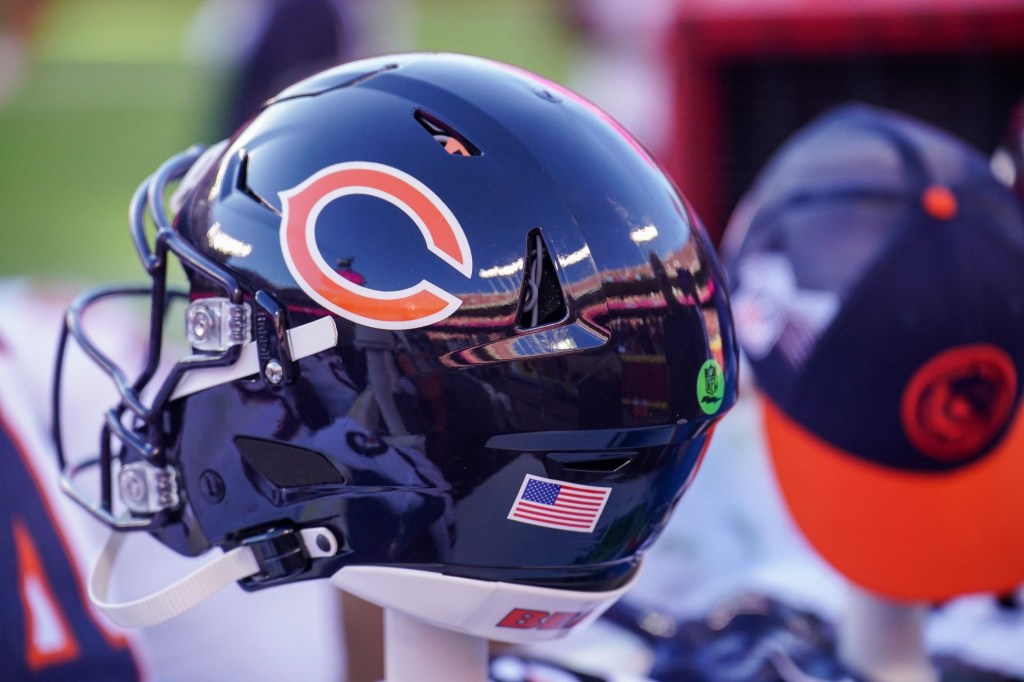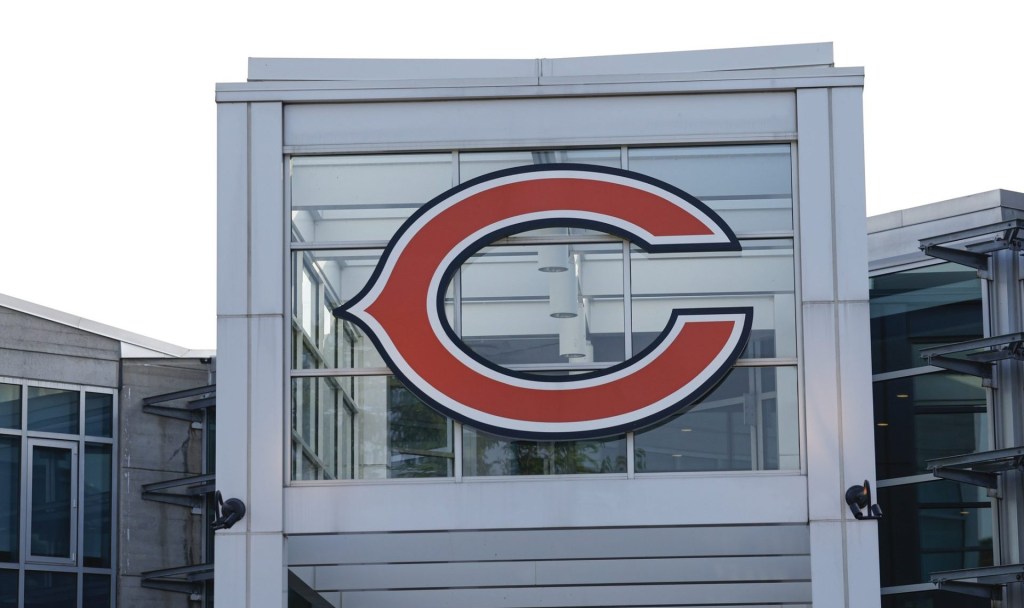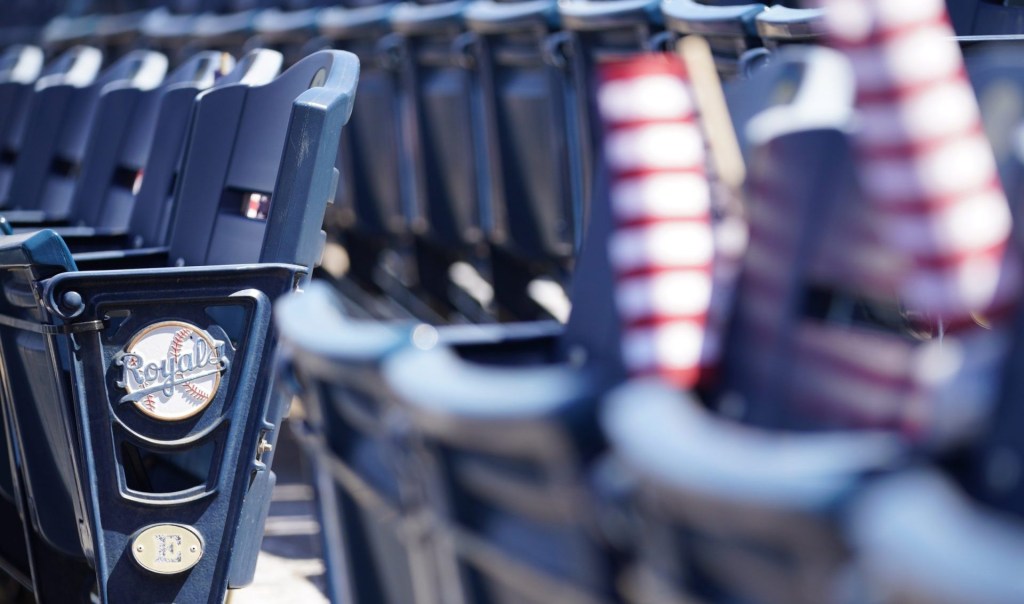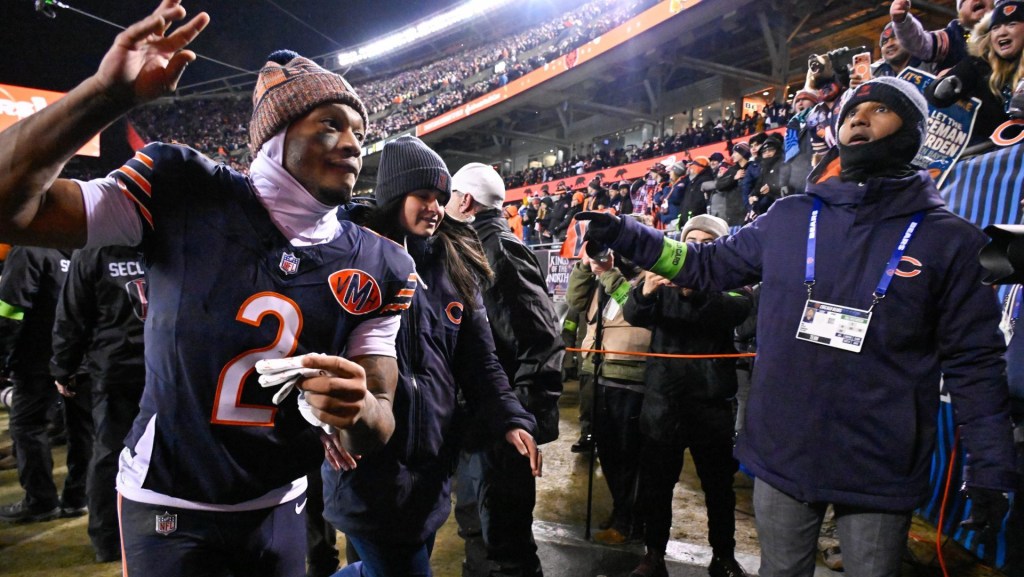The long-discussed notion of the Commanders returning to the site of RFK Stadium in a new facility is moving much closer to reality, but there are still critical hurdles for the team to overcome.
Commanders owner Josh Harris and the District of Columbia are closing in on the framework of a stadium agreement, according to sources and multiple reports, that would see Harris provide up to $2.5 billion toward a stadium costing more than $3 billion, with public money funding as much as $850 million of the cost. Those taxpayer funds would be spent largely on infrastructure.
The RFK Stadium site, where the franchise played from 1961 to 1996, has frequently been eyed as the logical spot for the Commanders, with Harris calling the area the team’s “spiritual home.” That notion picked up steam earlier this year after the land transferred from federal control to the District. The team’s current home, the 28-year-old Northwest Stadium, is now seen as outdated by modern NFL standards, and the lease there expires in two years.
The latest breakthrough in the years-long Commanders stadium saga appears to be the willingness of Harris to fund the vast majority of the project privately. That sentiment differs materially from more uncertain NFL stadium development proposals in markets such as Chicago and Cleveland, where teams are looking for public money to shoulder about half of the respective costs.
A deal in Washington, if completed, would target a stadium opening in 2030.
“In the coming days, we will share more on our growth agenda by highlighting our next budget to grow D.C. and outlining a plan to realize abundant opportunities at our RFK [site] as we forge ahead with shaping D.C.’s future economy,” the office of D.C. Mayor Muriel Bowser said in a statement.
Caution Signs
Despite the advancing stadium discussions, at least two major obstacles are in front of a final deal. Any agreement must pass the D.C. council, with varying degrees of support there, and despite significant local growth in recent years, serious budget challenges remain. The latest D.C. budget points to a shortfall of potentially more than $1 billion after its federal funding was slashed in the latest continuing resolution approved by Congress, in turn leading to spending freezes and public employee furloughs.
Neighborhood opposition in areas near RFK Stadium also promises to be heavy. Already, an activist group called Homes Not Stadiums has filed paperwork seeking to place an initiative on next year’s election ballot that would block a new stadium on the RFK land. The group instead is seeking to prioritize affordable housing on the roughly 175-acre site.
There is still some momentum for both the Commanders and the District, however. The team just had a breakthrough season during the rookie campaign of quarterback Jayden Daniels after a long stretch of mediocrity, reaching the NFC championship game in January, and is poised for a big uptick in national broadcast exposure next season. Those positive feelings around the franchise counter the often-embattled tenure of former team owner Dan Snyder.
Bowser, meanwhile, successfully brought back Monumental Sports & Entertainment—parent entity of the NBA’s Wizards, NHL’s Capitals, and WNBA’s Mystics—in turn helping scuttle a planned arena development in neighboring Virginia.
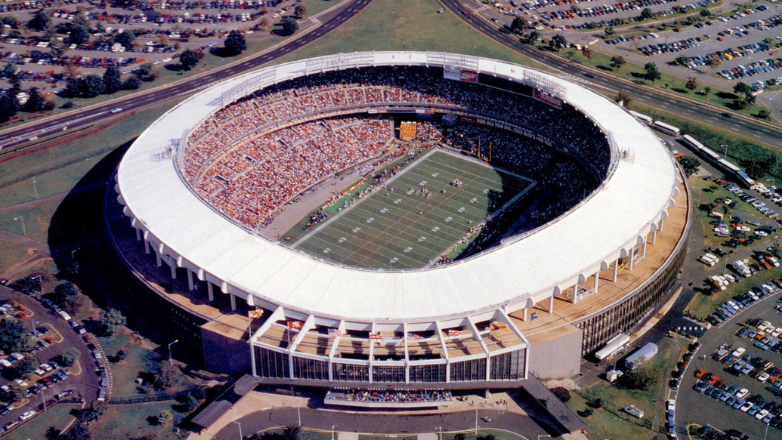
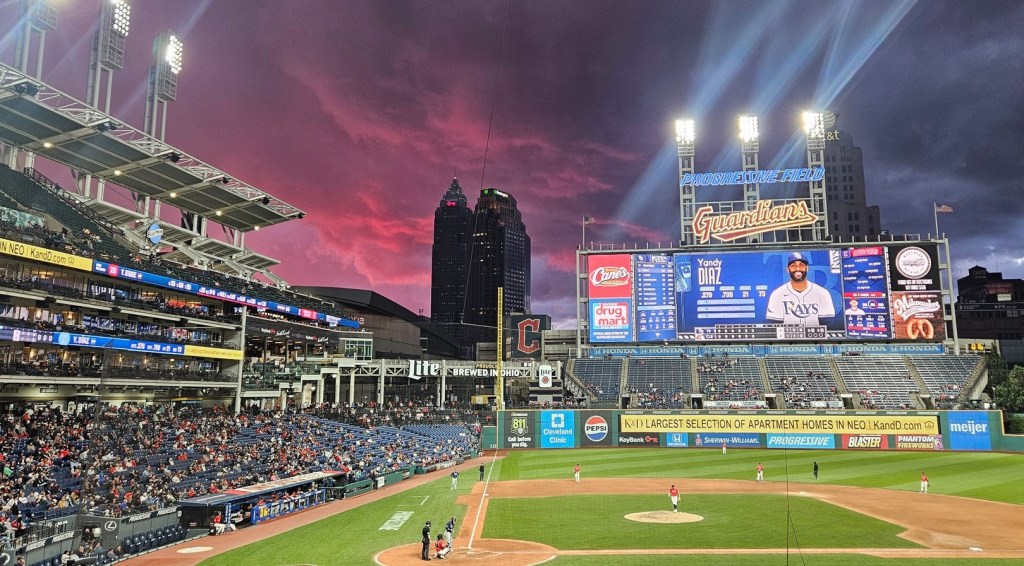
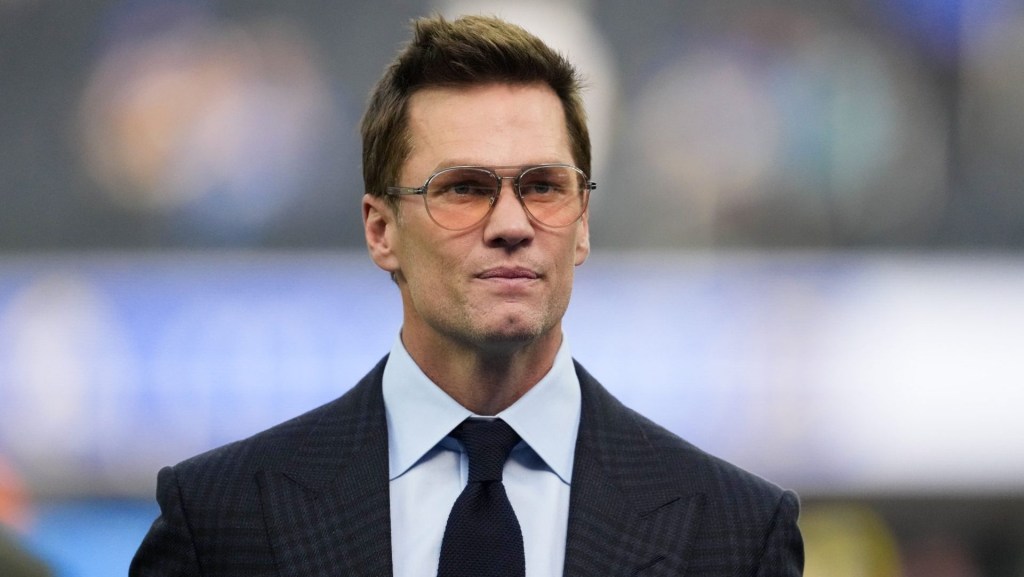




![[Subscription Customers Only] Jun 15, 2025; Seattle, Washington, USA; Botafogo owner John Textor inside the stadium before the match during a group stage match of the 2025 FIFA Club World Cup at Lumen Field.](https://frontofficesports.com/wp-content/uploads/2026/02/USATSI_26465842_168416386_lowres-scaled.jpg?quality=100&w=1024)
![[Subscription Customers Only] Jul 13, 2025; East Rutherford, New Jersey, USA; Chelsea FC midfielder Cole Palmer (10) celebrates winning the final of the 2025 FIFA Club World Cup at MetLife Stadium](https://frontofficesports.com/wp-content/uploads/2026/02/USATSI_26636703-scaled-e1770932227605.jpg?quality=100&w=1024)
